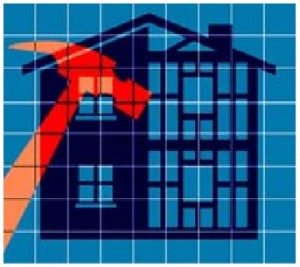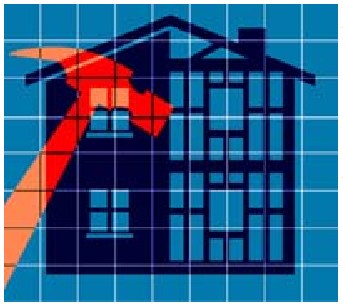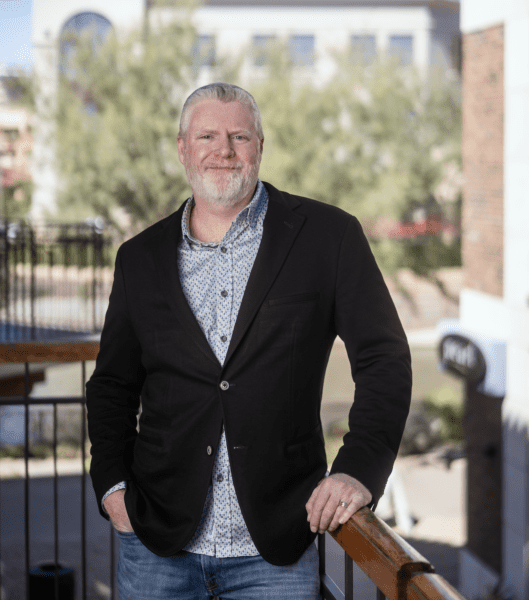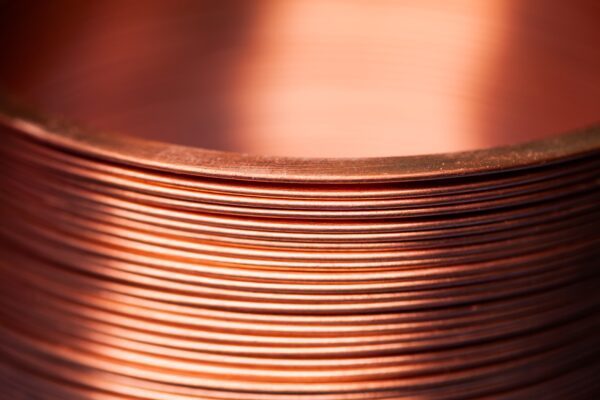
(Editor’s note: Opinion pieces are published for discussion purposes only.)
By Roy Otterbein | The Republic
This may be hard to believe, but a private citizen who wants to build his/her own house on his/her own property and wants it to be cooler than 75 degrees cannot legally do that in most of the densely populated areas of this state, i.e. Phoenix, Tucson, Scottsdale.
The 2012 International Energy code that is adopted by many jurisdictions in this state has the requirement that a house be designed to be no cooler than 75 degrees. Although the code does not dictate what temperature you can set the thermostat (at least not yet), it does require that the house be designed to be no cooler than 75 degrees. I see this mandate as a violation of a fundamental human right — the right to build your own house to your liking, as long as it’s safe and energy- efficient.
Building codes have moved from just being building-safety regulations to building-energy-performance regulations. This is good. A person should expect a new house to be both safe and not an energy hog. However, dictating that I can’t design my house to be cooler than 75 degrees is offensive to me. I see this as
nothing personal about how well a house must be insulated. The temperature that you are comfortable with is personal, and one temperature is not comfortable to all people.
Some may wonder how this came about in a state where almost any person can carry a gun almost anywhere. This law was voted on by your City Council members and county supervisors. I suspect this particular mandate was not known by the people who voted for their adoption. These building codes are hundreds and hundreds of pages. Although this collection of building codes makes for superior buildings and vastly improves the energy efficiency of buildings, the temperature restriction is government overreach.
Suppose you have a common health condition that recommends that you have a space cooler than 75 degrees. The building officials will then require that you apply for a variance to accomplish that. Have you ever applied for a variance? It’s not that easy and not that cheap. Shouldn’t this be a strictly personal decision?
Although I have no proof, I suspect the electric power companies had much to do with this as a means to keeping electric power demand down. I suppose we are lucky the regulation is not set at 85 degrees. That would sure limit electricity demand.
I am all for reducing electricity demand and energy consumption, but you don’t take away people’s fundamental rights to do that.
Although I am no fan of state legislators meddling in the affairs of cities, the Legislature could fix this. I would prefer that local jurisdictions eliminate this section of the code, but that is not realistic and would not happen in a timely manner. This is not about plastic bags; this is about a fundamental human right. This is a matter of personal freedom that is being taken by these jurisdictions, and I want it to stop.
EBTR (Emergency Building Temperature Regulations) was the ill-conceived government program started in the 1970s to save energy during the energy crisis. This program mandated that thermostats in public buildings be set to cool no lower than 80 degrees. It looks like EBTR is back.
Roy Otterbein is a mechanical engineer in Phoenix. He has a master’s degree in physics and mechanical engineering and authored the “Commercial Energy Audit Workbook” for the state of Arizona. He is on two ASHRAE Standards Committees












